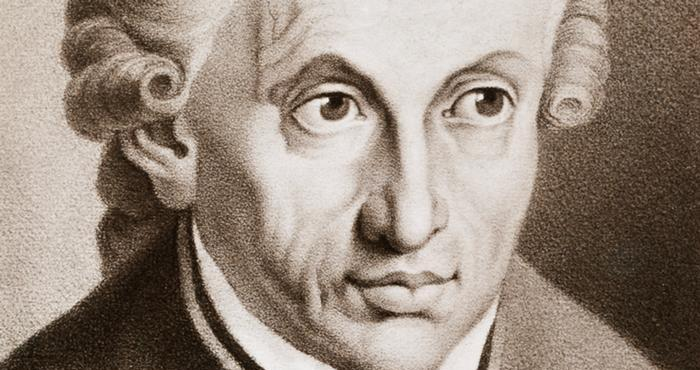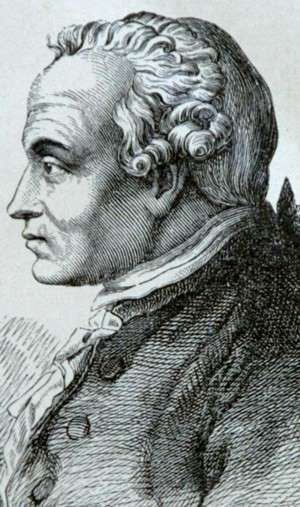The basis of classical German philosophy is the works of the famous researcher and scientist Immanuel Kant. Kant’s philosophy at one time became a revolutionary one, and seemed to draw a line in the development of this science, dividing it into two periods – pre-Kantian and post-Kantian. A great influence on the worldview of the scientist was played by the upbringing of his mother, a practically illiterate German woman, and upbringing in the pietist church.
Philosophy of Kant – basic principles
The great scientist and researcher was convinced that philosophy has only one task – to give a clear answer to four questions that form the whole essence of the human mind and life:
- What can I know? Reasoning on this issue is set out in the work "Critique of Pure Reason". According to Kant, the knowledge available to a person is always subjective, since he can only know what he can imagine, what is available to his mind. In fact, things are unknowable. Thus, one cannot know anything for sure, one can only have one’s own opinion and one’s own belief in something.
- What should I do? The answers to this question are given in the treatises on the practical philosophy of Immanuel Kant, which set out the teachings on ethics and law. Kant is convinced that any act of a person depends on three factors: duty, fear and inclination. The mind of each individual himself appoints the standards of his morality and directs his actions. But at the same time, the most moral actions are those that are performed out of a sense of duty. In this case, everything comes down to only one dilemma: how to act according to the voice of reason and inclination, but at the same time not violating duty and remaining happy?
- What can I hope for? The implication is – is it really possible to get something in return for moral behavior and duty performed? Reasoning about morality, personal happiness, religion, enlightenment and freedom of choice are also set out in the work Critique of Pure Reason.
- What is a person? To answer this last question, Kant turns to anthropology. Based on his work, we can conclude that a person can be and even happens to be moral, not deviating from fulfilling his duty, despite all his weaknesses, lack of courage and willpower. Moreover, with all this, he can still live happily. Kant also draws interesting conclusions about the behavior of men and women, analyzes the phenomenon of "fashion", directly linking it with vanity.
To more accurately understand Kant’s classical philosophy, one should get acquainted with his works consistently and completely, without missing anything. Otherwise, one can easily distort the picture and get a completely wrong idea about the basic principles of the philosophy of the German sage.
Brief biography of Immanuel Kant
This person can be safely considered the most famous person ever born in the German town of Koenigsberg. The mother of the future philosopher was a peasant woman, and his father cut leather. The family lived quite poorly, and Kant himself later often sat without a single coin in his pocket. Even during his studies, having shown himself to be an outstanding personality, he easily graduated from the university, but he could not immediately get a doctoral degree – obviously, due to the snobbery and narrow-mindedness of the village professors.
For many years, Immanuel Kant was forced to teach, living in rich families on a full board basis. His work at that time was not popular, but his sharp tongue and unexpected judgments were greatly appreciated.
The German philosophy of Kant reveals his extraordinary knowledge in the field of ethics, logic, metaphysics, religion and human relations. The latter is all the more surprising, because all his life the scientist shied away from closeness with other people, did not maintain ties with his relatives, and never got a family. The old man died alone, suffering from attacks of paranoia, schizophrenia.
What is the complexity of Kant’s philosophy
The works of Kant, his conclusions and reasoning have always been difficult for the public to perceive, at all times. Partly due to confusing speech turns that are not even smoothed out by translations from the original language, partly due to the large volume. Even in an abbreviated version, Kant’s treatises numbered up to a thousand pages: Herzen could not master his Critique, declaring that he would go crazy if he read to the end.
Nevertheless, the thinking of this certainly great personality cannot but delight, although many conclusions have been and remain the subject of heated debate and discussion. You can disagree with them, or take them as an axiom – in any case, philosophical creations are worthy of acquaintance.


